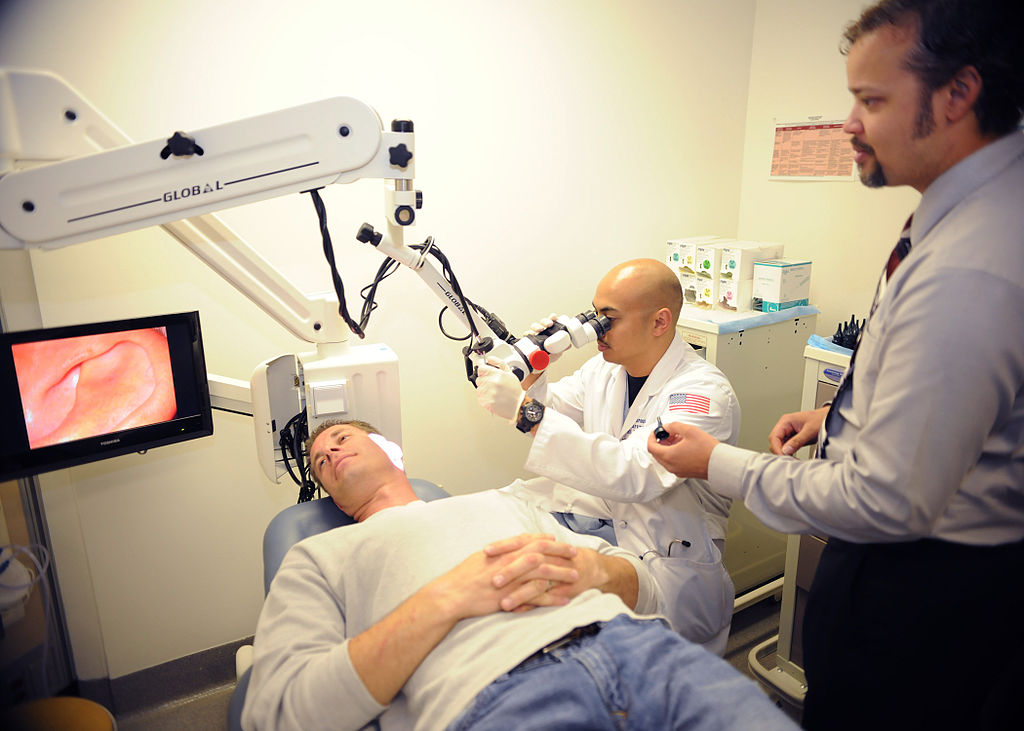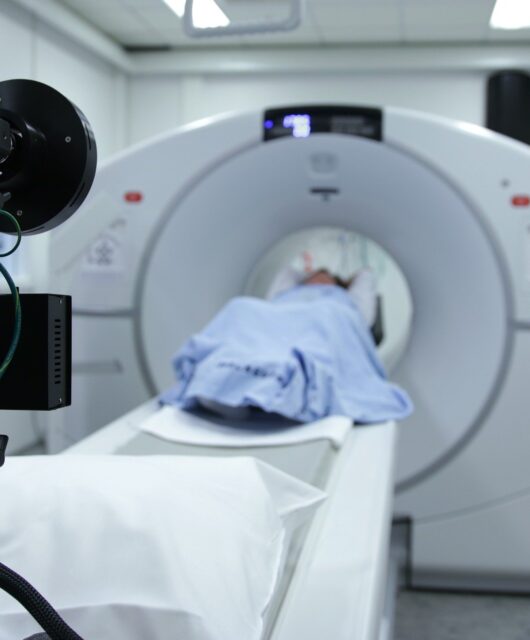How to complete a successful medical residency

After countless years of undergraduate and med school, the time has finally come for you to make your first steps into the real world. After many nervous weeks of applying for jobs and intensive interviews, you just got approved to be the resident doctor for a hospital in your area.
However, one thing you have heard about medical residencies is that they will push you to the limit, as you will be dealing with countless patients and all the stresses of a hospital environment for up to 80 hours per week (and maybe more than that if you live where maximum work hours for residents aren’t enshrined in law).
This is true, as health care is one of the most stressful professions in our society. However, Dr. Lisa Marie Cannon and countless more MD’s have gone through the ringer before you; if they can do it, so can you. In this article, we will share several tips that will help you get through your residency period in one piece.
1) Take good care of yourself
As mentioned in the introduction, you will be working an ungodly amount of hours in an incredibly stressful environment.
If you ignore your health (setting aside issues of hypocrisy that can easily be forgotten in a sea of paperwork, ailing patients, and the rough and tumble world of an emergency ward), it will eventually degrade you to the point where it can effect your ability to function in your professional and home life.
Make a point to prepare healthy meals for yourself, exercise (15 minutes of push-ups and crunches in the morning is often sufficient), and to evaluate your emotions on a regular basis.
On the latter point, don’t be afraid to reach out if you are nearing the end of your rope – most health professionals have their difficulties at times, and they will help you through yours.
2) Don’t be afraid to ask questions
You might think that because you have been hired as a doctor (even though you are a resident), you will be expected to know it all.
In practice, this couldn’t be further from the truth, as you need years of applying lessons from your textbooks in a real-world context in order to gain the kind of knowledge that will make you an authority in your area of medicine.
What’s more, a good doctor is one that ferrets out clues from a variety of sources in order to make an accurate diagnosis. The patients, the nurses you work with everyday, and the pharmacist all have insights that will allow you to connect the dots easier than if you were to try and figure it all out from x-rays and charts alone.
3) Be realistic with yourself
You will make mistakes, and some folks you make you feel like crap for it. People will die, despite your best efforts to save them. You’ll do great things for your patients, but they won’t show you the gratitude that you’d expect to see from them. Don’t let these things get you down, or blind you from the victories that you will win during your residency.









